British bred auditory assassin – named nothing more or less than, Ott. – needs no introduction for Psybient.org friends. As his musical actions have psychedelic learly spoken for himself (many decibels louder than mere description) over more than a decade now. From “Splitting an Atom” in a studio laboratory, conjuring the unmistakable energy of his debut bloom of an album, Blumenkraft. To the delightfully beautiful “Daisies and Rubies” that spiraled into the sky-high Skylon of his second sojourn. All of which allowed Ott to set “Adrift in Hilbert Space” on Mir – the musical space station of a third LP, which launched many a special outings with The All-Seeing I. It has truly been an honour and blessing to have our ears, brains, and sometimes even entire being, transported to immeasurable mystical dimensions through Ott’s ever-transcendent soundscaping.
There is nothing but absolute thanks to be given for Ott taking the time to talk with us about his musical meanderings; from childhood to the present. So please enjoy our chatting, and make sure to show your love and appreciation to a musician that has molded sonic sculptures like none other than, well, him..
Introduction and Interview by Kevin Fairbanks
Can you remember your first moment with music as a young child?
Probably ‘Bridge Over Troubled Water’ by Simon and Garfunkel. It was a massive hit when I was a baby and I think my mum must have played it incessantly because it is burned into my psyche. But the most influential musical moment would have been ‘Autobahn’ by Kraftwerk. My mum was a huge fan of early electronic music and I was introduced to Kraftwerk at a very early age.
Do you ever ponder the progression of electronic music over your lifetime? Are there any moments that stick out to you in particular aside from your first discovery of Kraftwerk?
Many.
Trans Europe Express.
Oxygene
Upstairs At Erics
Blue Monday
Little Fluffy Clouds
Futureworld
Do You Know Squarepusher?
Towers Of Dub
Vessel
When did you start to see your purpose through creating in general?
When I saw ‘The Sweet’ performing their hit ‘Blockbuster’ on TV at the age of five I knew being a pop-star was the best job in the world.
I was 12 when I started messing around with tape recorders and I knew pretty soon that I wanted to record sound for a living.
What was that first step you took into actually messing around with music? Looking back on that now, what are your thoughts?
My parents bought me a small electric organ for Christmas when I was 12 years old, and although I was fascinated by the science and mathematics of scales and harmonies, it was the process of layering and mixing sounds with a couple of old cassette decks which really inspired me. I never wanted to become a proficient pianist or guitarist – I was more attracted to being a studio boffin. Once I discovered psychedelic drugs a few years later the whole thing fell into place.
Let’s go back to the beginning, in your engineering days. Can you talk to us about these formative years and how they shaped who you are today?
I actually played in bands for five years before that, as a rather bad keyboard player. I did a few hundred gigs, had a lot of fun but got nowhere. It wasn’t until 1990, realising life was passing me by, that I decided to find a job in a recording studio. From humble beginnings, recording terrible bands in dreadful studios, I eventually became a busy and in-demand freelance engineer.
Working on others’ music under pressure of time and creative difference was a great education. I saw the major label music industry up close which taught me a lot about what I didn’t want to do.
What was the catalyst for creating and releasing your own music? How did you decide from all your influences what you wanted to put out, especially coming in as an engineer for so many styles/genres?
In about 1997 I fell and injured my back, and was unable to sit, stand or walk. All I could do was lay on my front for two years and watch as my career as a freelance engineer went down the drain.
To keep myself occupied, I arranged my home studio equipment on the floor, near the doors to my garden, and I spent the time experimenting with sounds and rhythms. These experiments eventually became my first solo album, Blumenkraft.
Since this start, you’ve obviously incorporated a heavy dub influence in your music. Could you describe your personal relationship with dub?
My sister used to listen to a lot of dub and reggae in the 1980s and although I didn’t really feel it at the time – I was into Depeche Mode and The Human League as a teenager – the influence was clearly there. It wasn’t until my late teens when I discovered smoking weed and my sister’s old dub collection at the same time that my love for 1970’s roots dub was established.
How about you relationship with electronic, ambient, and psychedelic music?
In the 1970s it was my mother’s Kraftwerk and Wendy Carlos albums which kicked off my interest in synthesisers. During the 1980s, as a young teenager, my music collection was dominated by the “second wave” of electronic musicians – Depeche Mode, Yazoo, The Human League, OMD, Gary Numan, etc.
Toward the end of the ‘80s and the beginning of the ‘90s, the acid house/ revolution took over, and while I found myself disinterested in most ‘rave’ music, I found a home for my tastes in The Orb, FSOL, On-U-Sound and the likes of Orbital, Fluke, Leftfield, The Prodigy etc.
What has been your all-time favorite experience as a fan of music?
Cardiacs, Astoria, London, May 6th, 1988. Mind blowing, still.
All musicians must start as fans. Did you have different intentions when you began to make music then you do today? Has anything changed?
Not really. It’s all just a process of trying to create shapes I’ve never heard before.
That seems as good an intention as any. When you say “shapes you’ve never heard before”, would you mind me asking if you possibly consider yourself to have some level of synesthesia?
I have no idea and I’m not sure how one could tell. I presume everybody interprets music, colour and taste as shapes of some kind.
How often do you ponder the process of putting together a tune? Do some tracks take weeks and months to develop while others unfold in a matter of minutes?
They all take weeks, some months. One or two have taken years.
Which have taken years?
“The Queen Of All Everything” was started in 2004 and finished in 2008, although it wasn’t constantly being worked on. I would take it out of the drawer, do a little on it and put it away again. I kept doing that until I felt it was ready to mix and then I finished it.
“Rogue Bagel” was about five different songs [working title ‘Dave’] from 2005 until 2007. None of them were good enough and it only really took shape in the last month of being worked on.
Are there any points that you felt a sea change in your approach to production?
In 2001, after a decade of either making other people’s music, to their taste, or trying desperately to conform by making what I thought people wanted [bad psy-trance] I decided to stop giving a shit and please myself instead. I switched off my ‘internal heckler’ and made something just for me. That turned out to be ‘Somersettler’. That was a huge moment of realisation. You wouldn’t believe the number of shits I haven’t given since then.
That seems like a good retrospect to have. What do you believe the purpose of time to be, and how does music in general interact with this phenomena for you personally?
I have never given it a thought. I’m not sure time needs a purpose. Like most things, it just is.
You’ve released three official LPs so far. Are you able to identify your mindset in retrospect for the creation of each album? Is there any particular experience in creating one of these albums that really stands out to you?
No, they all just blur together. I can’t remember much about the making of any of my albums. As soon as I’ve finished a song I discard all the data and move on.
So when you listen to an older track yourself, what kind of feeling do you get? That must be much more enjoyable than for those musicians who wish to dwell too much in their past.
I mostly enjoy listening to my older stuff, although some tracks more than others. Some I judge harshly, either from a technical or an artistic point of view. Usually technical.
The opening track “Jack’s Cheese and Bread Snack” on your debut LP Blumenkraft has to be one of my favorite introductions to an artist. Do you remember your mindset/setting when putting together that particular track?
It took forever to finish. I had the basic track together quite quickly but it just wouldn’t sound finished. I kept adding layer after layer and tried changing the tempo and groove but nothing I did made it sound any closer to being finished. Then one day my friend Daz came to visit and he always has his bass guitar in the car. I played him the track and he said ‘Sounds great, but your bassline is shit.” And he was right.
So he offered to play some bass on it. What you hear is what he played, in one take. As soon as it was done the track sounded finished, so I mixed it and it was done by the end of the day.
Who is Jack anyways?
The title refers to a reader’s letter I read in ‘Viz’ comic:
“A piece of cheese served between two slices of bread makes a quick and tasty lunchtime snack. My wife calls it “Jack’s Cheese and Bread Snack”.
Jack Pewty, Dorset.”
What or who is truly the queen of all everything?
Zoe, my wife. I wrote the song just after we met.
How about “Squirrel and Biscuits”? That frequently on your dinner plate?
I was travelling through Arkansas with my friend Jason Sterling and he was telling me how he hunts with his dogs. “What do you hunt?” I asked. “Squirrels.” He replied. “Do you eat them?” I asked. “Yeah, squirrel and biscuits.”
“Obvious song title.” I thought. .

Your most recent release was the Baby Robot EP. What are your views on technology? What was the purpose of this EP for you?
I couldn’t work without it.
The ‘Baby Robot’ EP was partly an attempt to answer a question I’ve been pondering for a while: Which sounds better, digital or analogue?
The song ‘Baby Robot’ was made using only analogue synths and effects, while ‘Mr Balloon Hands’ was made using only plugins. The experiment was inconclusive – I can hear they sound different but I don’t think one sounds obviously better than the other.
That’s a very interesting experiment and outcome, Ott. Why do you think there has been so much talk about these differences from documentaries, to dramatic articles, we’re always hearing about this debate. You seem unphased.
Because the shift from digital to analogue has been the most significant development in the technical aspect of recording sound in the last thirty five years. It’s like the move from propellers to jets in aviation or the move from cell phones to smartphones. It’s a fundamental shift.
In the ‘80s and ‘90s all we wanted was digital recording because so much time, energy and expense was spent compensating for the shortcomings of tape, but when it arrived we discovered that, while the noise floor was lower, it actually sounded shit. The last couple of decades have been a process of transition, from analogue tape to digital tape, to hard disk recording, to DSP-supported computer systems, to native computer systems with virtually unlimited tracks and pretty convincing emulations of £250,000 mixing consoles built-in. Finally I can say I like the character of a digital mixer – I prefer the sound and ergonomics of my Cubase 8 mixer to most other consoles I’ve used. For somebody interested in music technology it has been an absolutely astonishing time to be involved and I never get bored of testing out the latest miracle processor.
But by the same token, we’ve discovered that we were possibly a bit hasty throwing out all our ‘obsolete’ analogue devices in 1987, because some of them actually sounded really good. Fortunately I kept most of mine and now I work with a kind-of hybrid approach, using each strand of technology for what I think it is best at. For me, digital technology has mostly just been a recording and storage medium for the last twenty years, but over time I have gradually allowed it in more and more, for the tasks it does well. So as well as things like Melodyne, ‘elastic audio’ and zero-overshoot limiters, I’m now finding that I have EQ and compressor plugins which I really like, not just tolerate because they’re convenient. That is starting to happen with synths too, although I’ll almost always go to an analogue synth first because they’re more immediate and they feel more satisfying to play. And I enjoy the romance that surrounds them.
How has your production rig/setup changed over the years?
It hasn’t very much. Some of my synths I’ve owned for over thirty years and I’ve been using Cubase since 1990. I have some newer pieces and I keep up to date with software developments, but the basic core of my studio remains pretty stable.
What’s your favorite synth to spend the most time on? Is there any piece of equipment that you hated for the longest time and now can’t live without?
My Korg MonoPoly is the nearest thing I have to a workhorse. I go to it first just about every time and it’s rare that it doesn’t deliver. I thought I hated the Arturia MiniBrute I got late last year but I have to admit I was wrong. It has somehow found itself on every track on my new album. It sounds very distinctive.
You have a unique solar setup now on a cliff. Can you explain how that came about and what you’ve learned from the experience so far?
I don’t know if it is unique but it is a great way to get out of my studio chair and into nature, and I enjoy the limitation of not having a whole studio full of equipment to distract me. My studio is a bit of a bunker – it has no windows and, although it is great for hiding away and getting work done I find that sitting out in the woods or a beach or a deserted clifftop is very inspiring.
Theres a lot of literature out about creativity’s connection with nature. Is this something you’ve looked into? Have you been able to notice any shift in perception for yourself with the move? Not just in a musical sense, but in everything else?
I’m honestly too preoccupied with other things to have any spare capacity left over to ponder stuff like “creativity’s connection with nature”. During my twenties I spent a LOT of hours, off my nut, pondering the meaning of stuff like that, and the conclusion I reached, shortly before my thirtieth birthday, was that, for all the soul-searching, I’d just ended up with more questions than I started with and no useful answers. So I stopped pondering the imponderable and decided to just allow stuff to be, without attempting to attach meaning to everything. That was a huge revelation for me.
You shared a sampling of your upcoming album at the last show with The-All Seeing I. How did that go over, and when will the rest of the world get a listen?
It went very well. We currently have around thirty songs in production and we’re hoping to have them ready for release in early 2016.
How has the crowdfunding been going with this upcoming LP?
Great. I did it as a thirty-day campaign and hit the target in 22 hours. It enabled me to turn down a lot of gigs and concentrate on my album, which is nearly ready.
What next do you have on your plate as we make our way into the summer?
My album is swallowing up every waking hour I have. I’m working on an August release.
Thank you for your time, it is very interesting to discover more of your reality. Would like to use this occasion to invite you to visit newly created forum (forum.psybient.org). Your advice and feedback to young producers will be highly appreciated.
Thanks!
Links
official website
discography
bandcamp
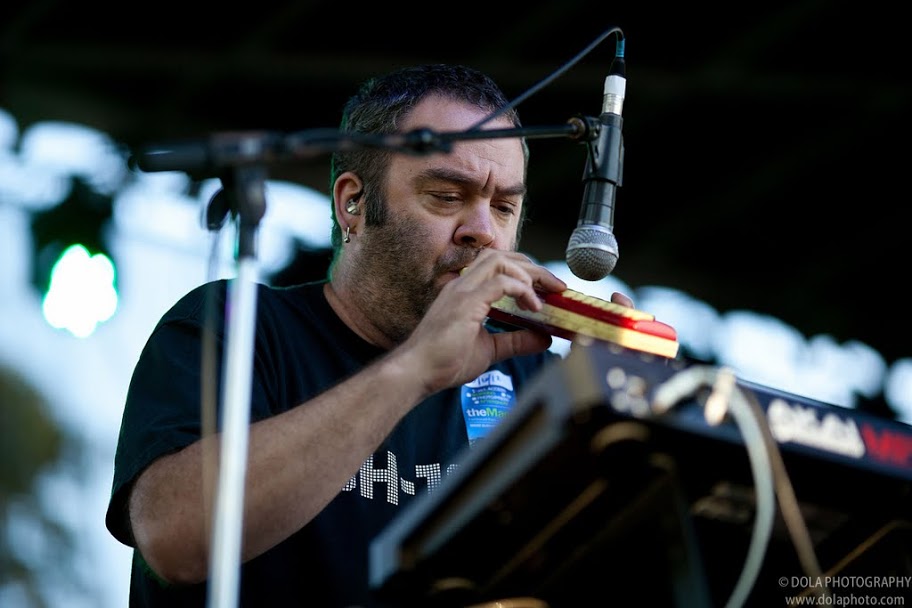


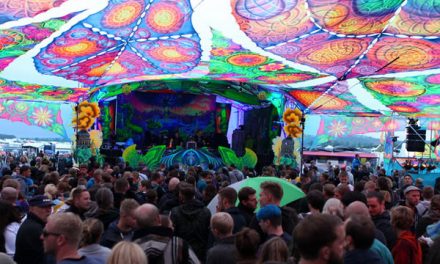
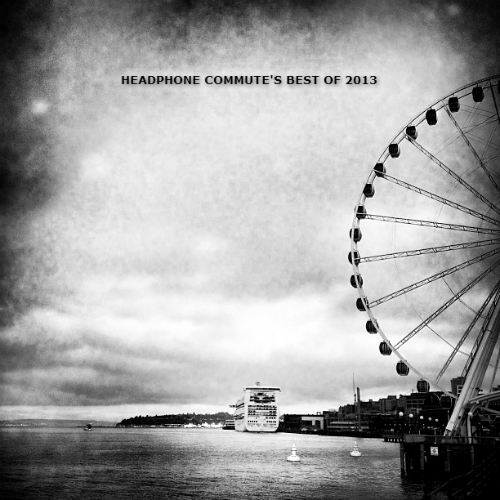
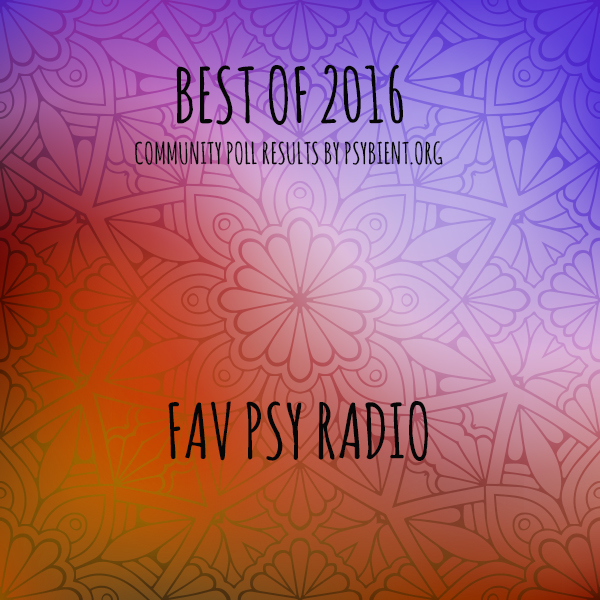
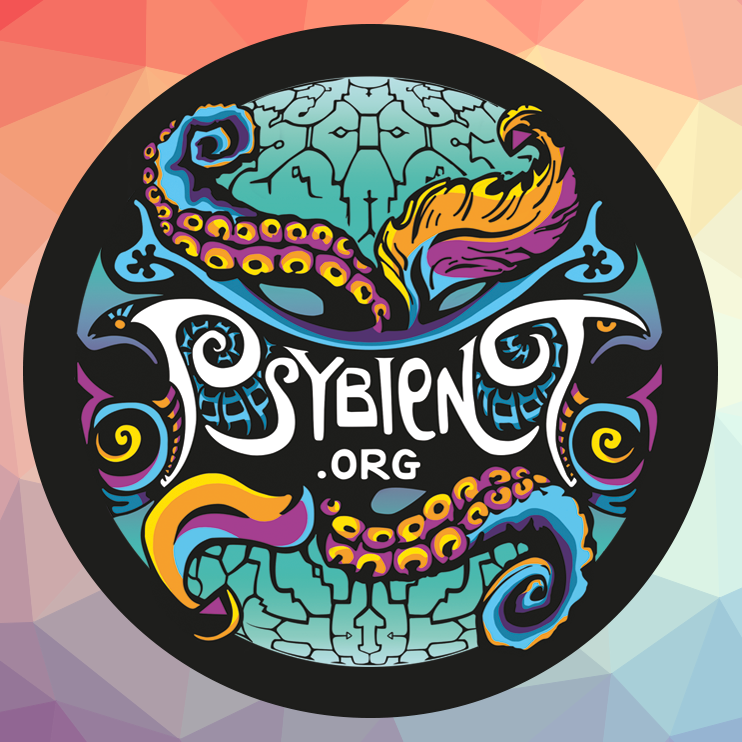

Best music ever. Thank you OTT!
This was an amazing interview. I’m glad to be able find out more about you. ❤️ the music
I especially like your comment “stop analyzing everything and just be”
That’s a motto to live by!